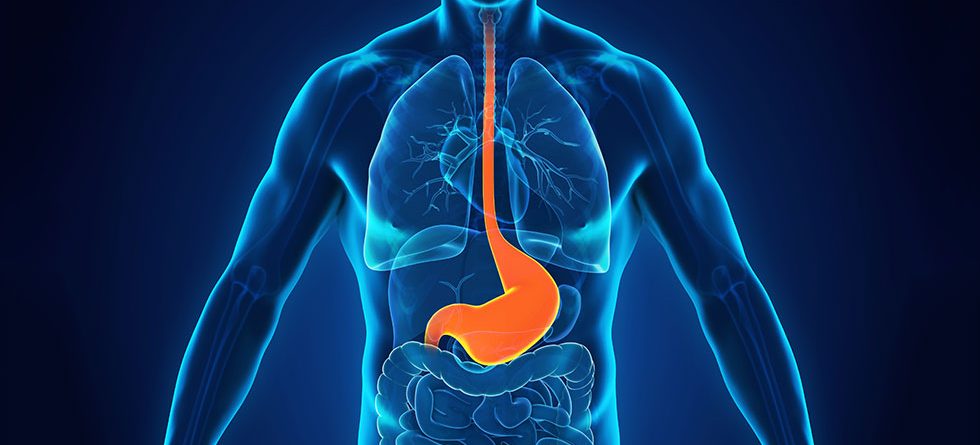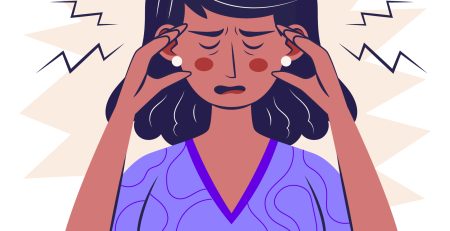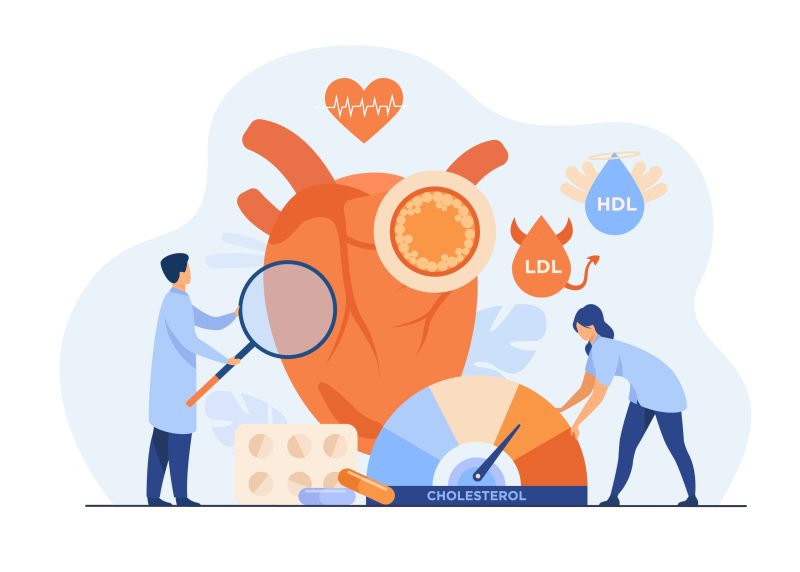Heartburn and what to do about it?
advpadmin232020-02-24T07:05:53-05:00Have you ever had that pain and burning sensation in your chest as you’re just getting ready to sleep after a hard day’s work? Well, I have. And in case you haven’t – lucky for you – I assure you it is not the most pleasant feeling. But if you have you are not alone. It is estimated that 40 percent of people suffer from gastric reflux at some point.
So what is heartburn? We feel that burning feeling and tightness in our chests and behind our breastbone when the acid made by our stomach travels through esophagus and damages it’s mucous membranes causing them immense pain and discomfort. It is important to realize that the location – rather than the amount – of acid is responsible for the symptoms. However, reducing the amount of acid is probably the most effective way in treating this condition. Normally a muscular doorway (Lower Esophageal Sphincter) should block stomach contents from gaining access to esophagus but certain situations can interfere with this protective mechanism. Some of these causes include:
- Consumption of certain foods
- Smoking and Alcohol use
- Pregnancy
- Many medications
- Increased abdominal pressure, because of obesity or pregnancy
Also prolonged exposure to acid may further weaken the tone of the sphincter or result in more chronic and complicated lesions.
So what can we do about it? First let me point out the obvious; while there are ways to relieve yourself of acid reflux and pain associated with it, it is always a wise choice to see a physician who can properly diagnose and treat the disease accordingly. This is especially important if you are presented with 1 or more of the alarming conditions (eg, difficulty swallowing, painful swallowing, gastrointestinal bleeding, iron deficiency/anemia, weight loss, early satiety, and vomiting) or your symptoms continue beyond 2 weeks regardless of appropriate lifestyle changes and over the counter therapy.
In many cases patients feel discomfort primarily when they sleep or lie down. In these cases a simple adjustment of head position and elevation by 6 to 8 inches might do trick or decrease the episodes occurrence. avoiding certain foods (eg, chocolate, peppermint, fatty foods, caffeine, citrus, and tomatoes) has been shown to be helpful in decreasing the number of episodes. Cigarette and alcohol consumption should be avoided as both of which are important culprits in onset and severity of this problem.
The other approach which could also be attempted is over the counter heartburn medications. Any OTC heartburn therapy is a member of 3 major categories which I briefly explain efficacy and mechanism of action below:
- Antacids; these medications act by deactivating the acid already present in the stomach and esophagus thus providing the patient with a rapid relief. However, antacids also decrease the amount of acid in the stomach and when the stomach realizes this change in PH responds by secreting more acid and potentially causing another episode. This is the reason why antacids are only transiently effective and require multiple dosing(upto 12 times per day) .
- Histamine 2 (H2) blockers(eg, Famotidine and Ranitidine); these drugs interfere with a pathway responsible for acid secretion thereby slowing the acid synthesis. While these drugs are very effective at treating single episodes of heartburn their effects start to wane with frequent dosing (eg, more than twice a week).
- Proton Pump Inhibitors (PPIs); they inhibit release of a key factor in acid synthesis and are very effective treatment option for Gastric reflux episodes. PPIs do not develop tolerance (i.e. become less effective with time) in fact they have been shown to generate a more significant response after several days(starting after day 4) which means these drugs are the most effective in controlling recurrent conditions with frequent episodes. PPIs effect is dependent upon the dose consumed however anything higher than 20 mg per day is not associated with a stronger control so it is believed that 20mg per day is the optimal dose for treating frequent heartburns.










